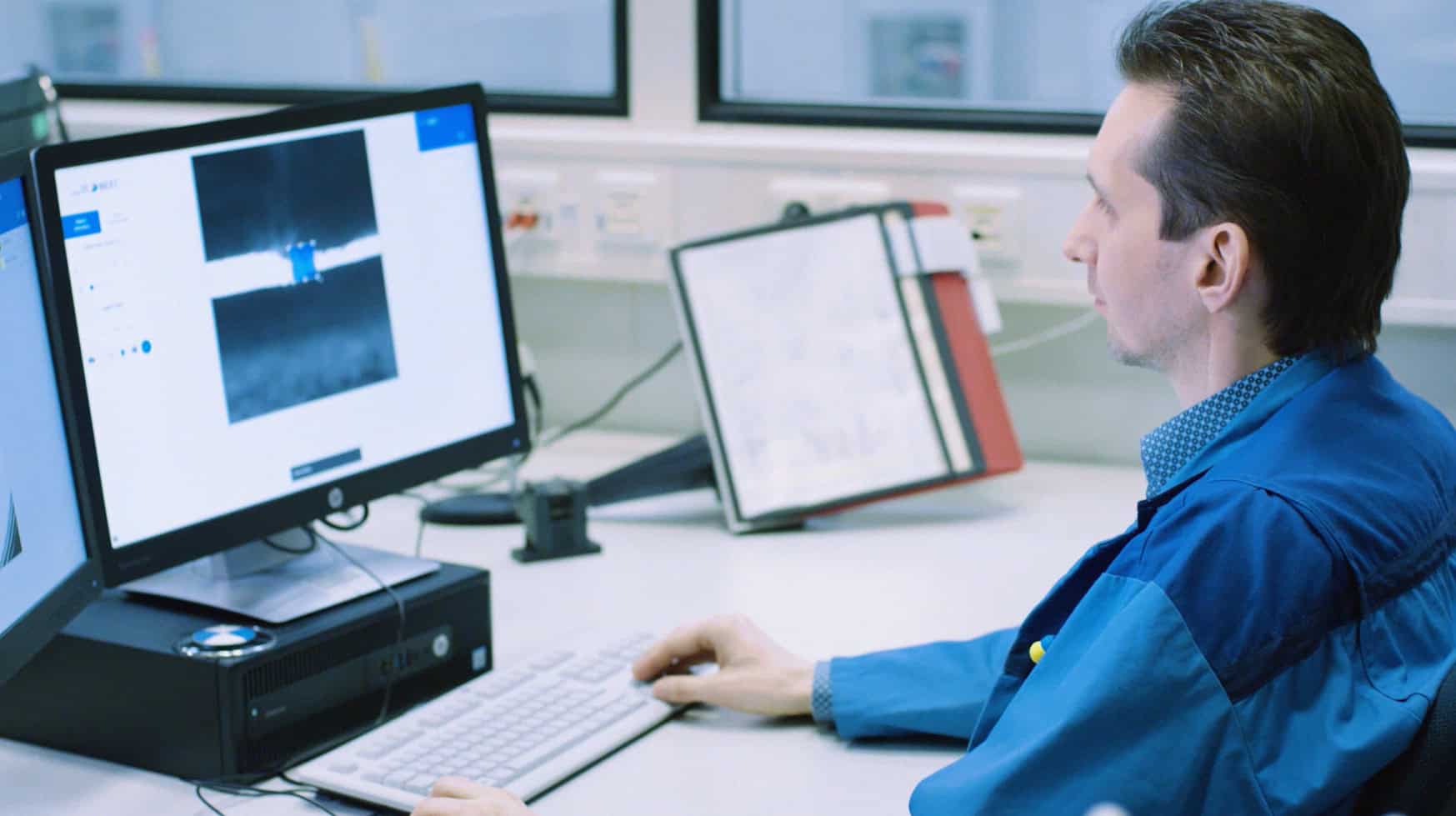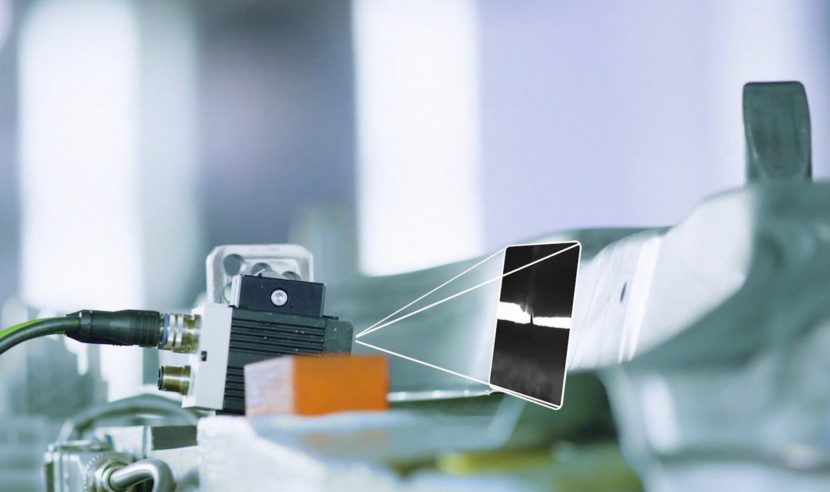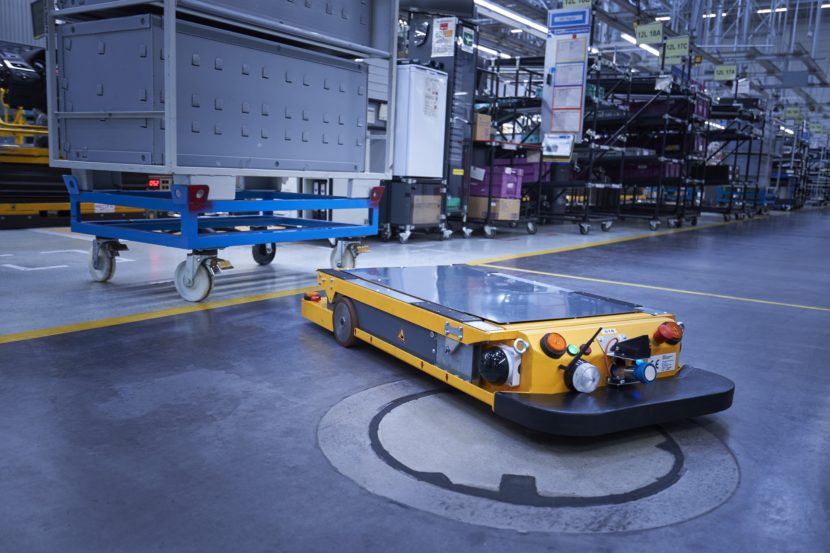BMW has been implementing next-level production processes throughout its plants around the world for quite some time now. From robots carrying parts around the compound, to exoskeletons for the workers, a number of innovative features have been added to the mix. Today, the Bavarian manufacturer announced the publishing of its AI algorithms used in production to be used by anyone interested. They are now available on the popular GitHub platform.
The algorithms published are mainly part of various AI applications, in particular in automated image recognition and image tagging. Making these publicly available allows software developers all over the world to view, change, use and improve the source code. “With the algorithms we are now publishing, the BMW Group has significantly reduced the development time for neural networks for autonomous transport systems and robots,” says Dirk Dreher, Head of Logistics Planning.
Neural networks independently compare live images in production and logistics with image databases to detect any deviations from the target state. The open source approach benefits both interested software developers and the BMW Group. “We provide elements of our innovative digital image tagging software, which has proven effective in multiple AI applications; in turn, we receive support in taking our AI software to the next level of development. Also, this allows us to focus more strongly on advancing specific AI applications in production and logistics,” comments Christian Patron, Head of Innovation, Digitalization, Smart Data Analytics.
“We are making major investments in artificial intelligence. By sharing our algorithms with the global developer community, we want to do our part and make AI accessible to a broad group of users. We expect the further open source development to lead to a rapid and agile advancement of the software,” adds Kai Demtröder, Head of Artificial Intelligence, Data Platforms at BMW Group IT.
In keeping with the open source approach, all users of the algorithms are guaranteed anonymity. Any flaws in the algorithms can be identified quickly; in this process, automated functions provided by the platform operators can also be used, if needed. For quality assurance purposes, the BMW Group checks all incoming user suggestions before they are put into productive use or shared. The model – in other words, the actual AI application being developed with these algorithms – always remains protected. All users are free to decide whether they want to make their models accessible to partners, such as suppliers.



















































